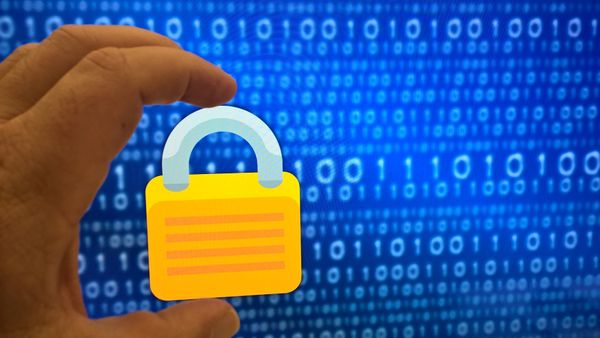PrivateVPN and Betternet Apps Vulnerability Let Attackers Send Malicious Updates

VPN apps PrivateVPN and Betternet were plagued by a vulnerability that could have let attackers push fake updates to the apps and install malicious apps.
One reason people use a VPN solution is to stay safe in a dangerous online world. A good example is when connecting to a public Wi-Fi network. Without a VPN, the data sent and received by a user could be intercepted.
But what happens when the VPN application itself has a vulnerability that could let attackers remotely install applications on people”s phones or laptops? While it”s true that most software has vulnerabilities, the type of vulnerability found in Betternet and PrivateVPN is not what you might expect.
The discovery was made by VPNPro, a publication that deals with reviews, guides, trends, and other types of media. Only a couple of VPN clients could have been exploited, although more apps permitted the initial conditions.
“Vulnerabilities in the PC apps of two of the top 20 VPNs, PrivateVPN and Betternet, can allow hackers to intercept its communications and force the apps to download a fake update,” says VPNPro. “The app may automatically apply the fake update, or send the user a notification to update the app.”
Researchers were able to force the two apps to download and install a fake update, which means that someone with control over the network, such as a free hotspot, for example, could trigger the installation of malware.
People could be hit by ransomware, become a bot in DDoS attacks, lose credentials for their banking accounts, and much more.
Fortunately, the developers of both apps were quick to fix the issues after VPNPro notified them on February 18. PrivateVPN released a patch on March 26 and Betternet fixed it on April 14.
Users can”t do much to mitigate this problem, but it”s a good practice never to download files while connected to public Wi-Fi and always have a security solution running to make sure malware is intercepted before it has a chance to do any harm.
tags
Author
Silviu is a seasoned writer who followed the technology world for almost two decades, covering topics ranging from software to hardware and everything in between.
View all postsRight now Top posts
Outpacing Cyberthreats: Bitdefender Together with Scuderia Ferrari HP in 2025
March 12, 2025
Streamjacking Scams On YouTube Leverage CS2 Pro Player Championships to Defraud Gamers
February 20, 2025
How to Identify and Protect Yourself from Gaming Laptop Scams
February 11, 2025
Your Device ‘Fingerprint’ Will Go to Advertisers Starting February 2025
December 24, 2024
FOLLOW US ON SOCIAL MEDIA
You might also like
Bookmarks








